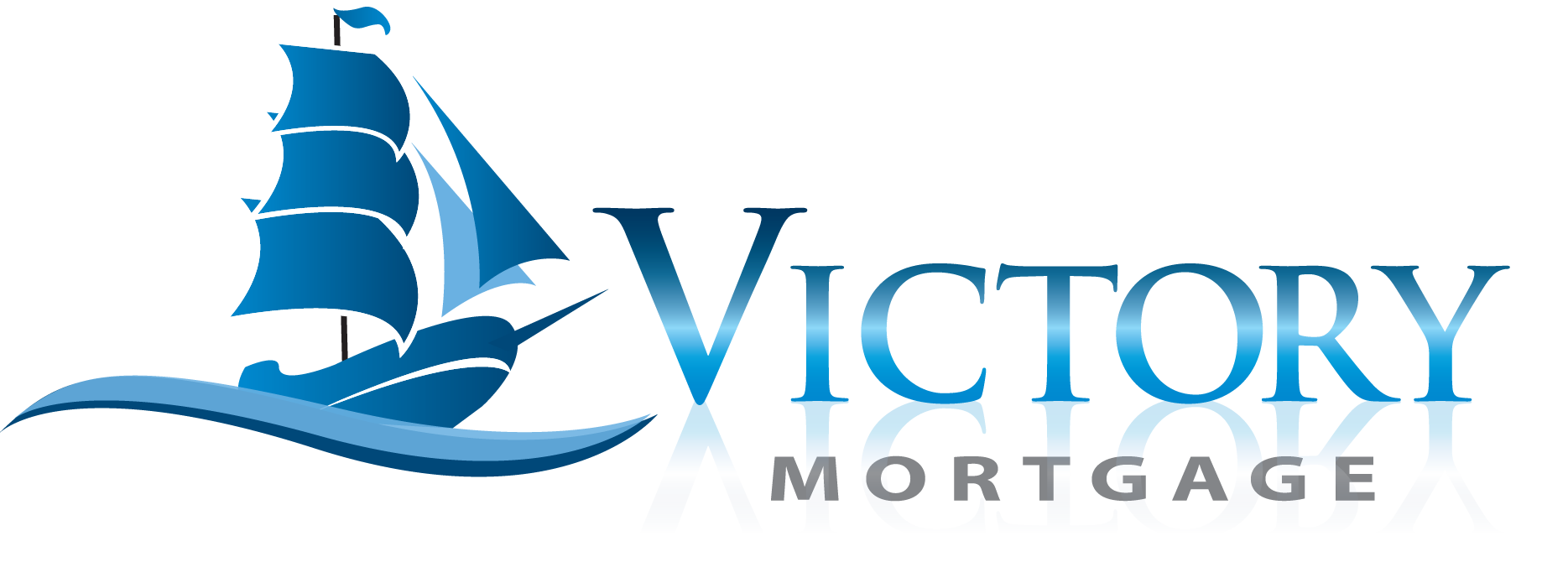Understanding the Recent Housing Affordability Measures in Canada
In recent years, housing affordability has become a significant concern for many Canadians, particularly for first-time homebuyers facing soaring prices and strict mortgage qualification criteria. To address these challenges, the Canadian government has introduced several housing affordability measures. In this blog post, we'll examine these measures and their potential implications for homebuyers.
Increased Home Buyer's Plan (HBP) Withdrawal Limit
Effective April 16, the Home Buyer's Plan (HBP) withdrawal limit will be raised from $35,000 to $60,000. The HBP allows first-time homebuyers to withdraw funds from their Registered Retirement Savings Plan (RRSP) to use towards a down payment on a home. By increasing the withdrawal limit, the government aims to provide young Canadians with more flexibility in saving for their down payments, recognizing the growing challenges of entering the housing market.
Extended Repayment Period for HBP Withdrawals
In addition to increasing the withdrawal limit, the government has extended the repayment period for HBP withdrawals. Individuals who made withdrawals between January 1, 2022, and December 31, 2025, will now have five years instead of two to begin repayment. This extension provides borrowers with more time to manage their finances and repay the withdrawn amounts, alleviating some of the immediate financial pressures associated with using RRSP funds for a down payment.
30-Year Mortgage Amortizations for Newly Built Homes
Starting August 1, 2024, first-time homebuyers purchasing newly built homes will be eligible for 30-year mortgage amortizations. This change extends the maximum mortgage repayment period from 25 years to 30 years, resulting in lower monthly mortgage payments. By offering longer amortization periods, the government aims to increase affordability and assist homebuyers in managing their housing expenses more effectively.
Changes to the Canadian Mortgage Charter
The government has also introduced changes to the Canadian Mortgage Charter to provide relief to homeowners facing financial challenges. These changes include early mortgage renewal notifications and permanent amortization relief for eligible homeowners. By implementing these measures, the government seeks to support homeowners in maintaining affordable mortgage payments and mitigating the risk of default during times of financial hardship.
The recent housing affordability measures announced by the Canadian government are aimed at addressing the challenges faced by homebuyers in today's market. These measures include increasing withdrawal limits, extending repayment periods, and offering longer mortgage amortizations. The goal is to make homeownership more accessible and affordable for Canadians across the country.
As these measures come into effect, it's crucial for homebuyers to stay informed about the changes and their implications. Consulting with a mortgage professional can help individuals explore their options and make informed decisions about their housing finances.
If you're interested in learning more about these changes and how they may affect you, please don't hesitate to connect with us. We're here to walk you through the process and help you consider all your options and find the one that makes the most sense for you.






